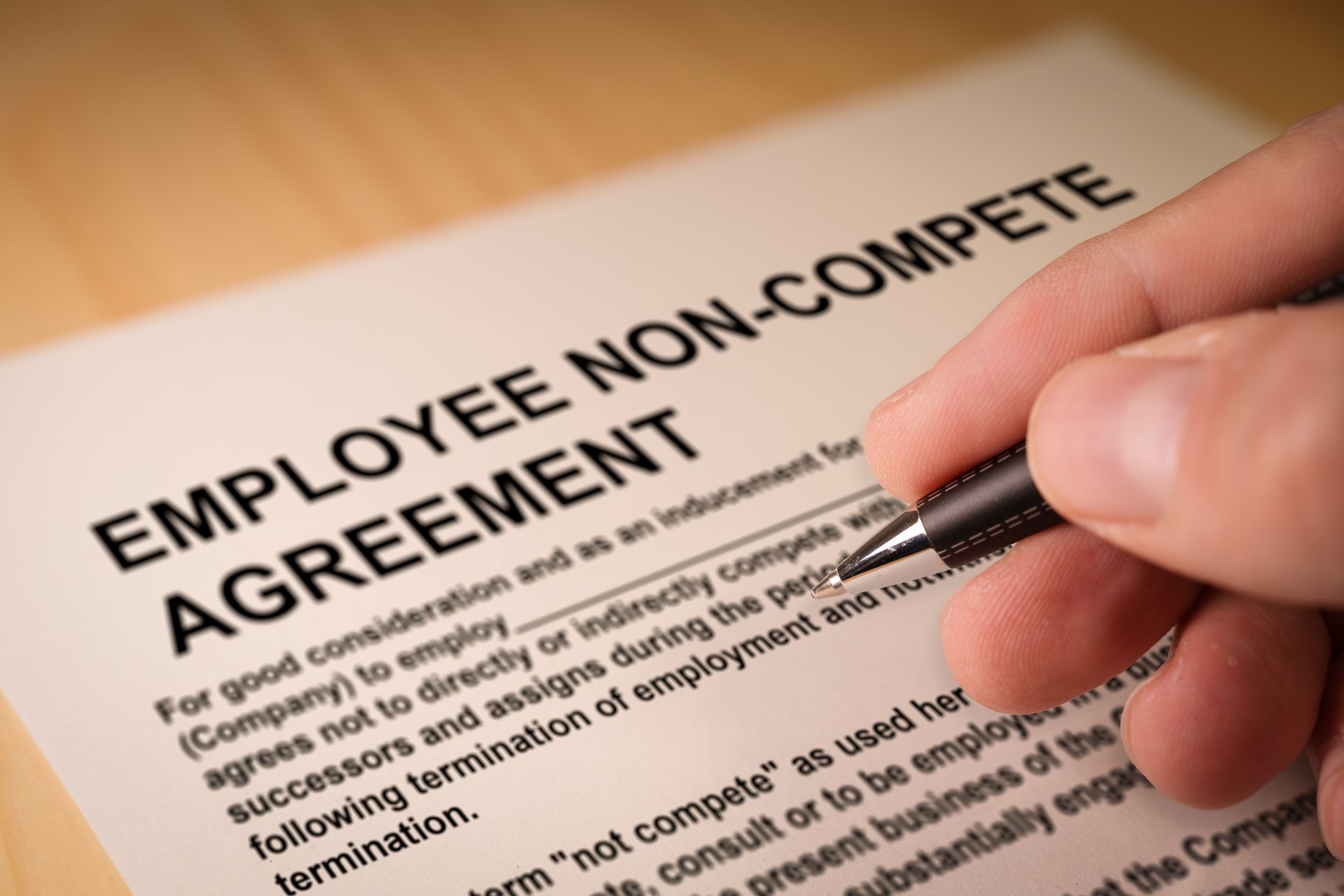Minnesota is more aggressive with its buying and transfer laws relative to other states, which can often lead to harsh penalties for seemingly minor offenses.
Who Isn’t Allowed to Own a Gun in Minnesota?
- Criminals convicted of violent crimes, stalking, harassing, assault, domestic assault and felonies punishable by at least a one-year prison sentence
- Felony drug offenders
- Mentally ill or challenged individuals or those who have been found unfit to stand trial because of mental illness
- Illegal noncitizens or those who have renounced their citizenship
- Those who have been dishonorably discharged from the military
- Minors younger than 14, unless supervised by a licensed adult
Minors aged 14 to 15 can possess a shotgun or rifle for hunting purposes without needing to be supervised as long as they have a firearms safety certificate. Once they turn 16, they don’t need supervision or certification. However, a minor under 18 can’t own a pistol or an assault weapon unless they’re being supervised by a parent or have completed Minnesota’s marksmanship and safety program. They may also have an assault weapon if they’ve enlisted in the military and it’s for drill and training purposes.
Another exception to the list above is if the person convicted or adjudicated of a crime has had their civil rights restored , although the restoration timeline will depend on the charge. Those who committed a violent crime or a felony-level drug offense typically have to wait ten years after their sentence discharge, while individuals convicted of nonfelony domestic assault must wait three years after discharge before purchasing a gun. In some felony domestic assault cases, the person may face a lifetime ban. The exception time frame will also be nullified if they were convicted of another crime within that period.
What Gun Permits Do You Need in Minnesota?
You need a permit to purchase or transfer a handgun or a semiautomatic, military-style assault weapon. Rifles, shotguns and other long guns don’t require a permit to buy. The transferee doesn’t need to obtain a transfer permit if they already have a permit to carry a pistol but may require one for other types of firearms.
Minnesota doesn’t have open or concealed carry, meaning you can’t have a firearm on your person unless you also apply for a separate permit to carry in addition to your permit to purchase or transfer. The only exceptions to this rule are if you are on your property – whether that’s your home or business – or in areas where hunting is allowed. Sometimes, you can receive a carrying permit when you apply for a purchase permit, which can simplify the process, but that isn’t always the case.
Other Important Minnesota Gun Laws That Could Affect Your Case
Background Checks. A background check is required for all handgun and semiautomatic military-style assault weapon transfers.
Waiting Period. There is typically no waiting period for purchasing handguns or long guns in Minnesota, but there is one for semiautomatic, military-style assault weapons. Buyers of the latter must wait seven to 30 days before they can proceed with the sale.
Firearm Registration. Minnesota does not require firearm registration.
Magazine Capacity. There are no restrictions on magazine capacity, regardless of the weapon.
Transportation. When transporting firearms in a vehicle, they must be unloaded and placed either in the trunk or in a case specifically designed for firearms.
Does Minnesota Have Stand Your Ground Laws?
Not exactly. Minnesota residents still have a “Duty to Retreat” if they face threats of violence in public.
Minnesota does follow “Castle Doctrine”, which is essentially “Stand Your Ground” when you’re on your own property. This means that individuals can use a weapon to defend themselves or to prevent a felony from occurring without first exhausting all avenues of retreat when they are in their home, business or vehicle.
Even in scenarios where Castle Doctrine should protect individuals who use deadly force in self-defense, residents or property owners are only allowed to exercise violence proportional to the threat they are facing. It’s often up to prosecutors or juries to make the ultimate decision on what was proportional given the unique scenario the person was facing.
Get Access to Skillful Legal Representation From Our Extensive Network of Over 200 Private Minneapolis–St. Paul Attorneys
At the Minnesota Lawyer Referral and Information Service (MNLRIS), our referral counselors can help you find zealous and competent legal representation you can trust to help you with your gun offense charge. We’ll vet and set up appointments with attorneys to ensure you get the assistance you deserve. Call (612) 752-6699 and learn more about how our experienced referral counselors can help you find a skilled private practice defense lawyer.
The post Laws for Buying or Transfer Ownership of a Firearm first appeared on Minnesota Lawyer Referral and Information Service.




